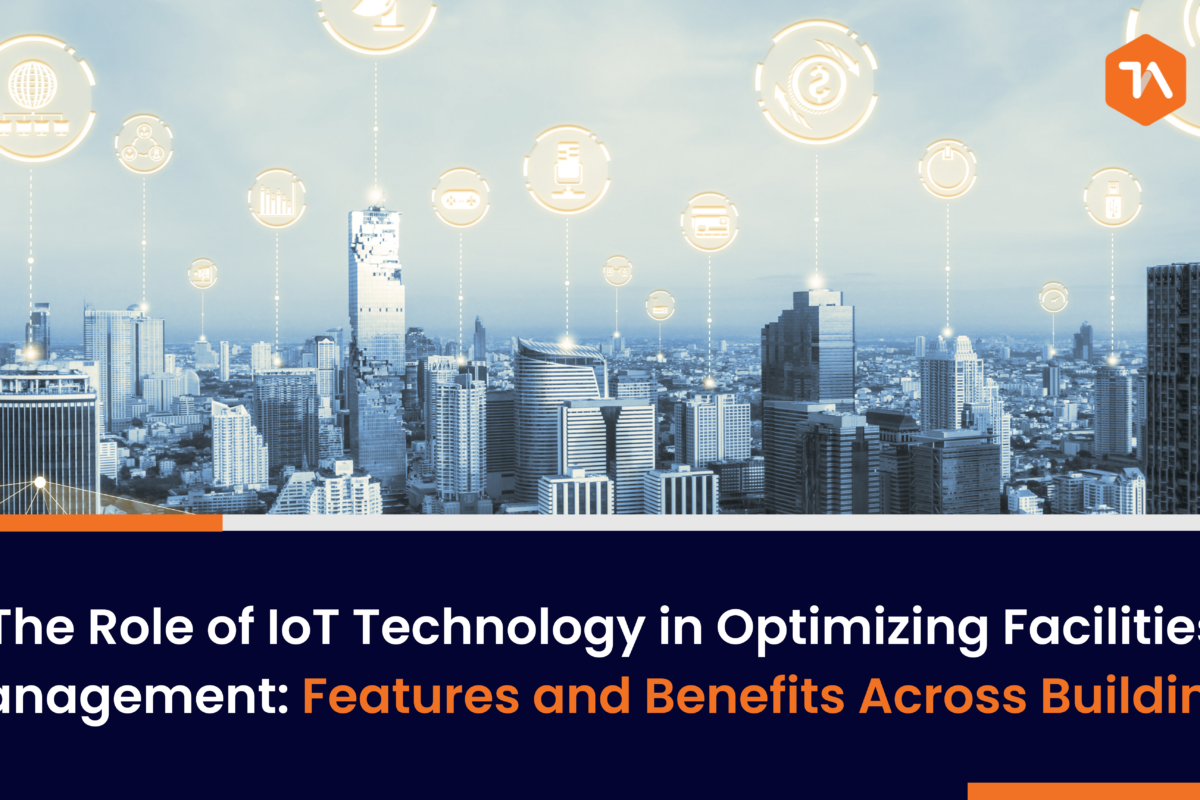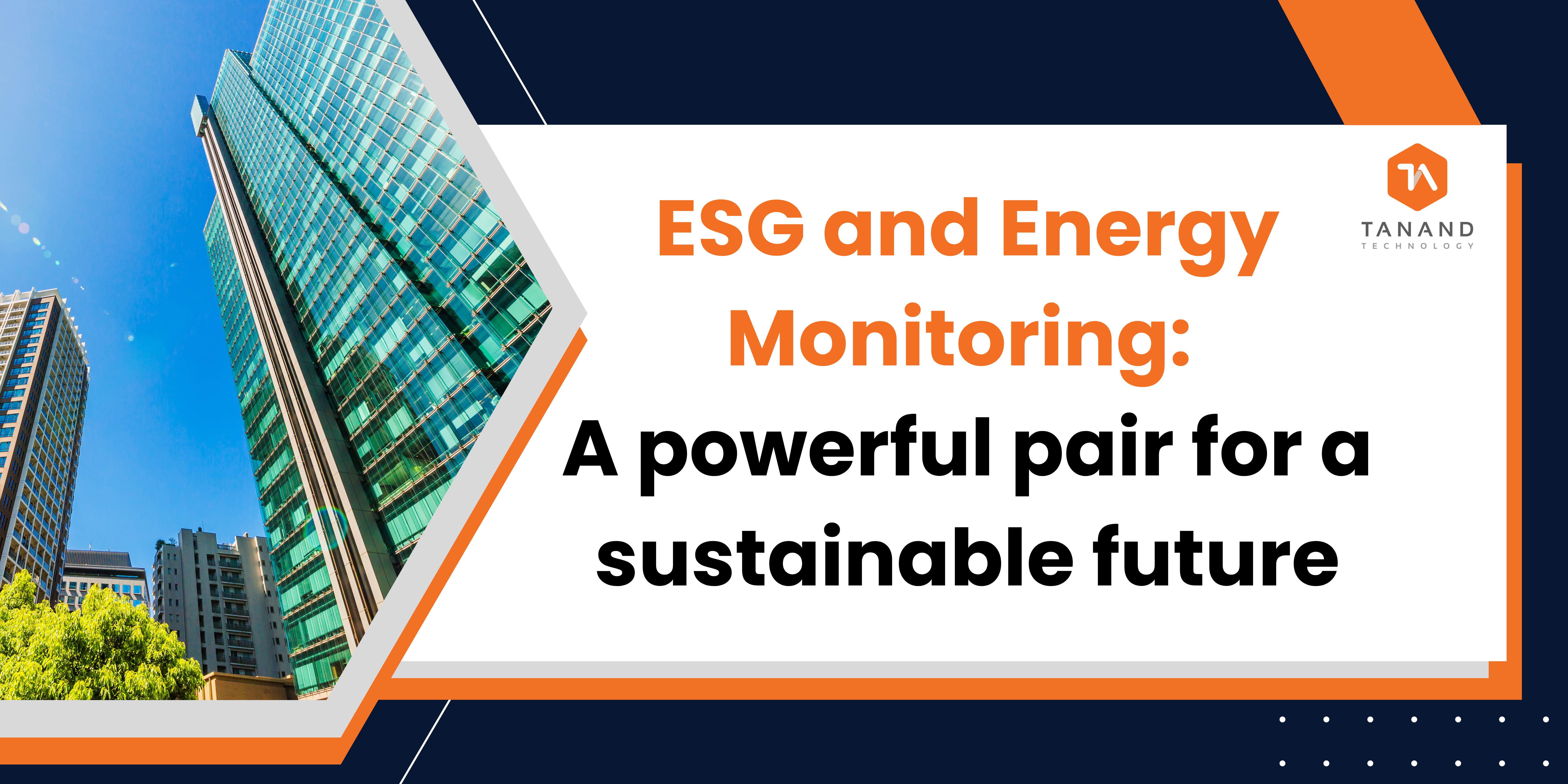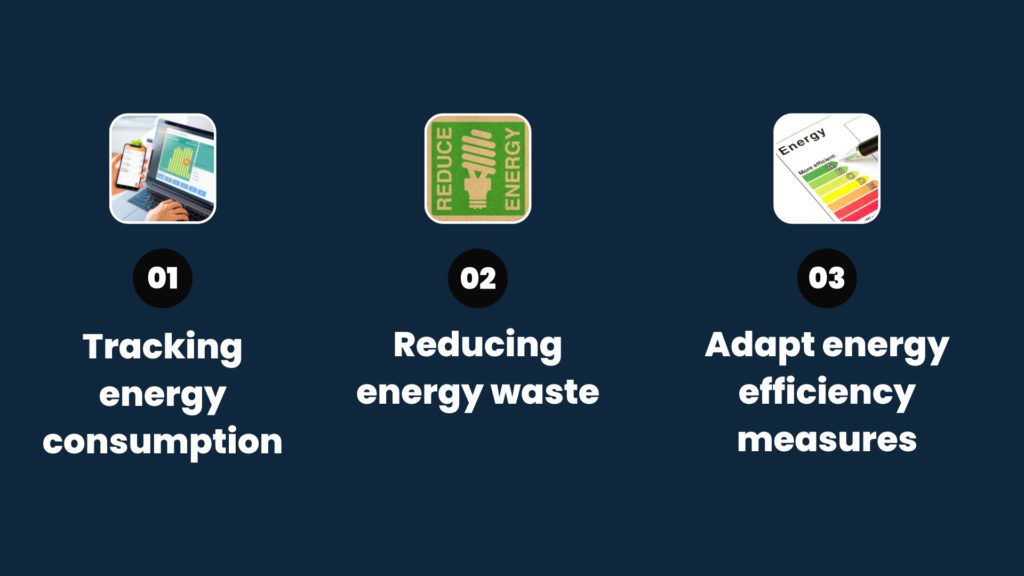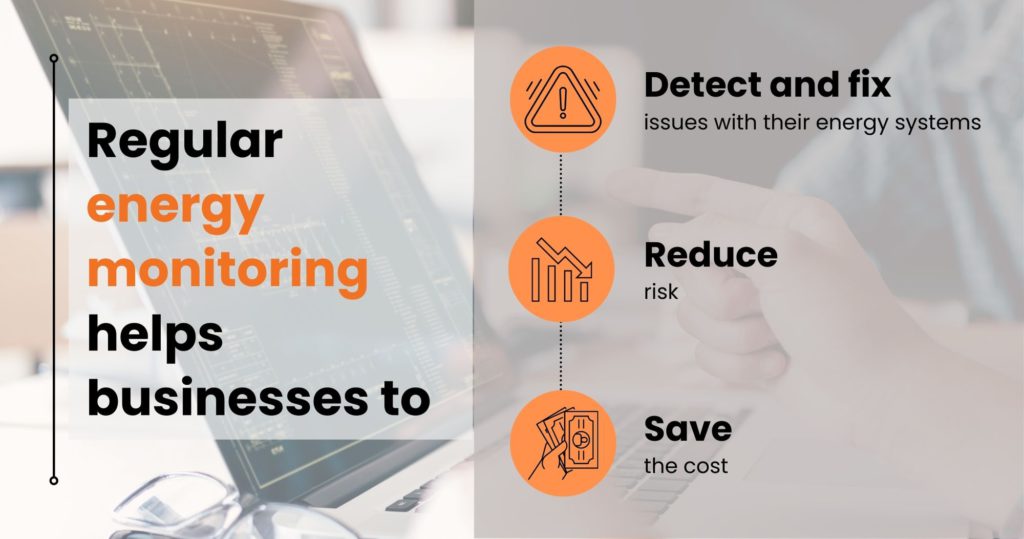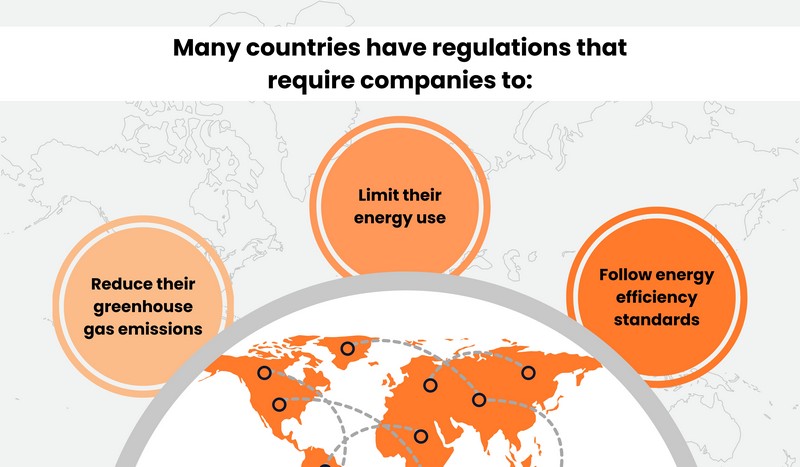April 25, 2023 | BASICS OF IOT, FEATURES AND BENEFITS OF IOT, FACILITIES MANAGEMENT
Facilities management is an essential aspect of any organization, responsible for ensuring that buildings are efficient, sustainable, and safe. A well-managed facility creates a comfortable and secure work environment for employees, which can have a positive impact on productivity and overall business success. As the workplace continues to evolve with new trends and innovative technologies, facilities management has adapted to support these changes.
One technology that has significantly impacted facilities management is the Internet of Things (IoT). IoT has quickly become a leading solution for improving facilities management and driving business growth. In this blog, we will explore the advantages of using IoT in facility management and how it can help businesses achieve greater efficiency, sustainability, and cost savings.
The Basics of IoT: What You Need to Know
The Internet of Things (IoT) is a network of physical objects, devices, and machines equipped with sensors, software, and other technologies that enable them to collect and exchange data with other devices over the internet. This technology empowers businesses to gather real-time data on their products, services, and operations, which can then be analyzed to identify patterns, insights, and opportunities for optimization. By leveraging IoT, it is possible to establish connections between devices or systems, simplifying work and adding convenience.
- Sensors are responsible for collecting data on a range of variables, such as temperature, humidity, and motion.
- Connectivity allows devices to share data with other devices and central systems.
- Processing power enables devices to analyze and make sense of the data they collect.
3 Advantages of Adopting IoT for Facilities Management
In today’s fast-paced and interconnected world, businesses cannot afford to ignore the benefits of IoT technology. The integration of IoT-enabled devices and solutions has revolutionized facilities management across various sectors, from hospitality to aviation. Therefore, it is crucial to understand the benefits of integrating IoT technology into your facility’s management solutions and explore how it can improve the overall management process.
- Real-time data improves efficiency – IoT provides automated data collection, which allows facilities managers to collect relevant data in real time. This information helps to identify and rectify inefficient processes, leading to better capital planning and overall facility management. With real-time data, IoT-enabled building management tools provide added benefits to current maintenance efforts, enhancing their value further.
- Enhanced building and data security – IoT offers both physical and digital security benefits for businesses. On the physical side, real-time alerts from IoT sensors provide early warnings of potential security threats, such as equipment malfunctions. From a digital standpoint, IoT-enabled smart buildings help protect against cyber-attacks and digital security breaches, safeguarding digital assets.
- Energy savings through reduced wastage – IoT helps businesses reduce energy wastage, making it an eco-friendly solution for facilities management. Smart sensors provide real-time data insights that help identify areas of energy inefficiency. This data allows facilities managers to make informed decisions that reduce energy wastage, leading to significant financial savings in the long run.
Conclusion
To sum up, incorporation of IoT technology into facilities management solutions can significantly improve the efficiency and streamline the management process of buildings. As IoT technology continues to evolve and become more widespread, it is expected to become an essential tool for facilities managers across various industries.
Take a look at our Easi HVAC (HVAC Optimizer) solution to discover its numerous features and benefits.
>> https://www.tanand.com.my/service/easi-hvac-hvac-optimizer/

